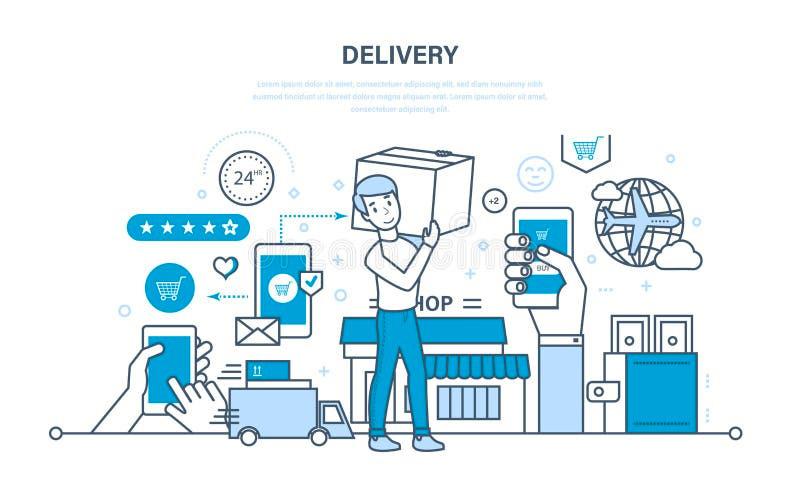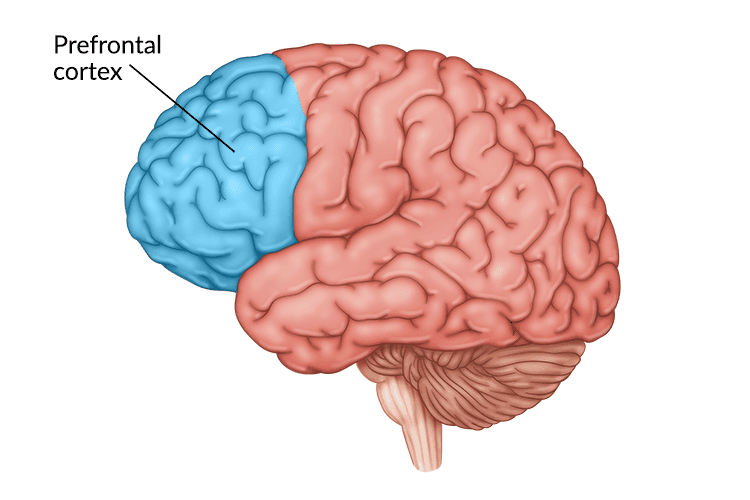Explore the World's Best Ideas
Join today and uncover 100+ curated journeys from 50+ topics. Unlock access to our mobile app with extensive features.
The Amazon Effect
Rapid delivery is a relatively new phenomenon. It started when Amazon introduced Prime in 2005 and promised two-day shipping. When Amazon entered the grocery business in 2017, it made same-day delivery possible. Instead of price wars, it was time wars.
“Amazon effect” is associated with increased expectations for quick delivery. These desires have pressured, if not irritated, retailers.
Wanting something right now is a desire associated with instant gratification, a behavior linked to impulse control and addiction.
5
46 reads
Alexa, Test My Willpower
Psychologist Walter Mischel, head of the famous Stanford Marshmallow Study, offered preschool-aged children their choice of marshmallows or pretzel sticks. He then told them they could have the treat now, or if they could wait 15 minutes to snack they would be rewarded with more. Those who waited for a bigger reward were later reported by their parents to have better academic performance.
Since the landmark study, social scientists have experimented to learn how a person delays gratification. One study from Florida State University found that willpower was a limited resource.
5
22 reads
Siri, Scan My Brain
When a person perceives pleasure say, a glimpse of a chocolate cake on a restaurant’s dessert menu, the ventral striatum experiences increased activity. The prefrontal cortex, which handles reasoning and rational thought, must override the drive and tell the server ‘just the check’ will be fine.
Researchers have used fMRI machines to present a participant with a potential reward, and then observe the prefrontal cortex activity as the person either opts to pursue pleasure or holds off. These scans have found distinct neural activity between control groups and people with obesity, alcoholism.
4
23 reads
OK Google, is This a Problem?
Unless a person has a disordered problem with online shopping, wanting quick delivery is not a problematic example of instant gratification. And because of free return policies, consumers often buy an item with the understanding it might be sent back, which means they aren’t even committed yet to the purchase.
The same year Amazon Prime started, only 46 percent of Americans had ever bought a product online. Thus, prompt delivery didn’t stem from consumers’ demand for instant gratification. It came from a retailer’s demand for consumers.
4
16 reads
IDEAS CURATED BY
Stephen Strickland's ideas are part of this journey:
Learn more about psychology with this collection
How to overcome fear of rejection
How to embrace vulnerability
Why vulnerability is important for personal growth
Related collections
Similar ideas
14 ideas
Instant Gratification: Definition, Examples, and How To Help
parentingforbrain.com
33 ideas
The Neuroscience of the Seven Deadly Sins
discovermagazine.com
4 ideas
Read & Learn
20x Faster
without
deepstash
with
deepstash
with
deepstash
Personalized microlearning
—
100+ Learning Journeys
—
Access to 200,000+ ideas
—
Access to the mobile app
—
Unlimited idea saving
—
—
Unlimited history
—
—
Unlimited listening to ideas
—
—
Downloading & offline access
—
—
Supercharge your mind with one idea per day
Enter your email and spend 1 minute every day to learn something new.
I agree to receive email updates


